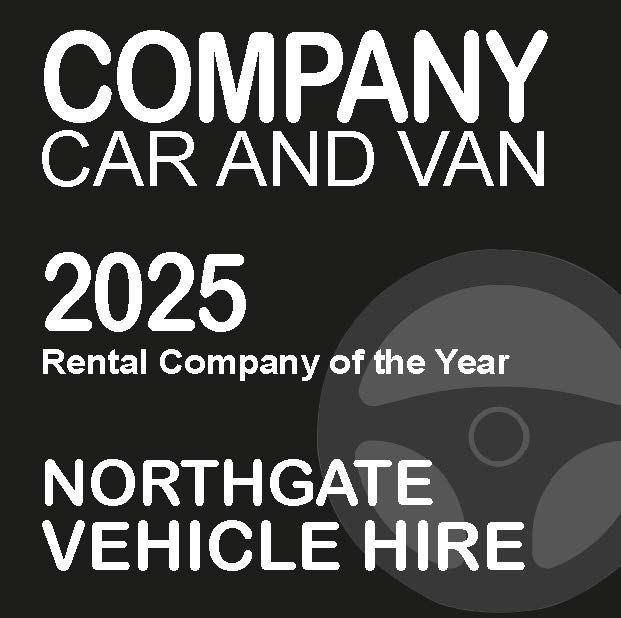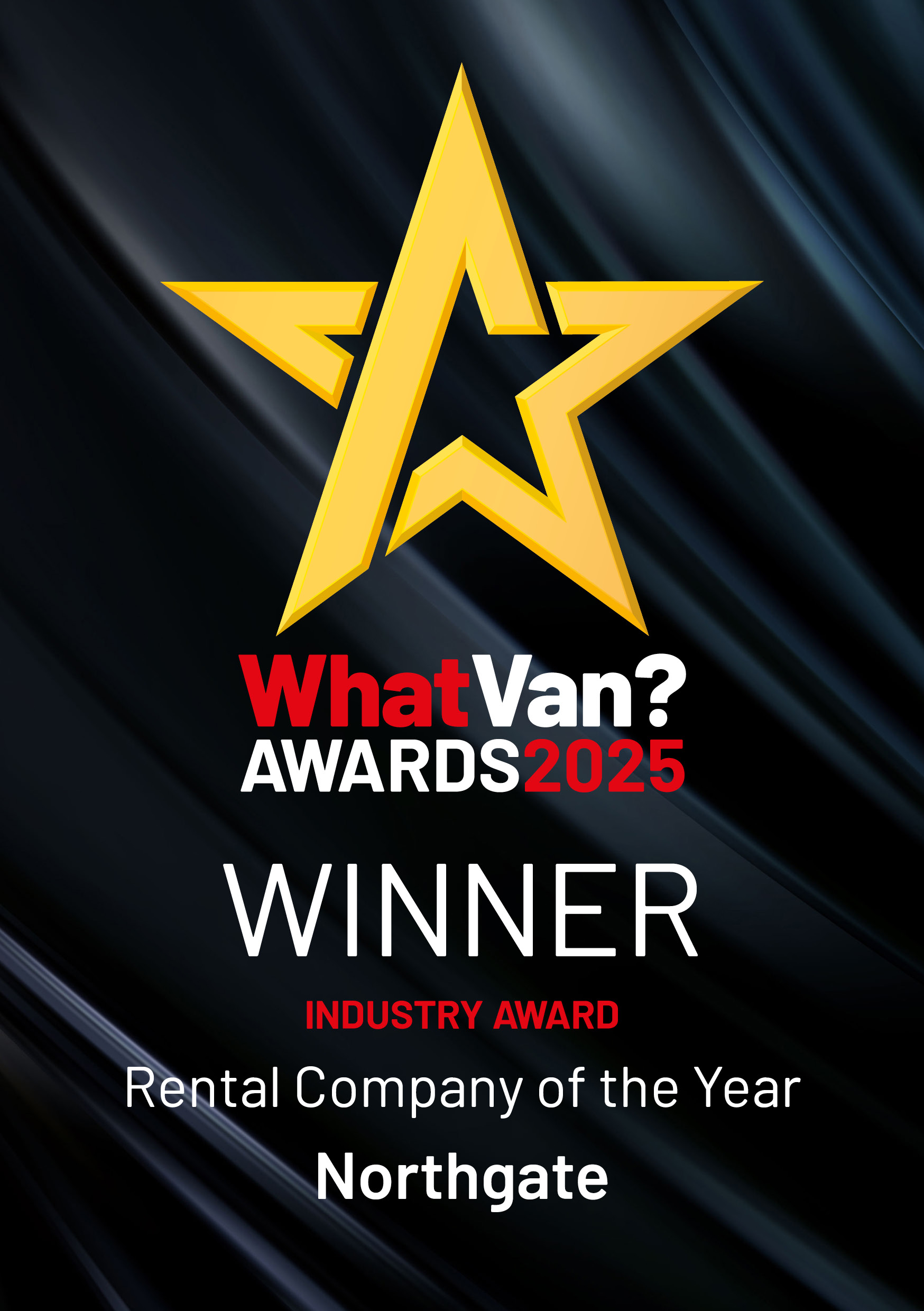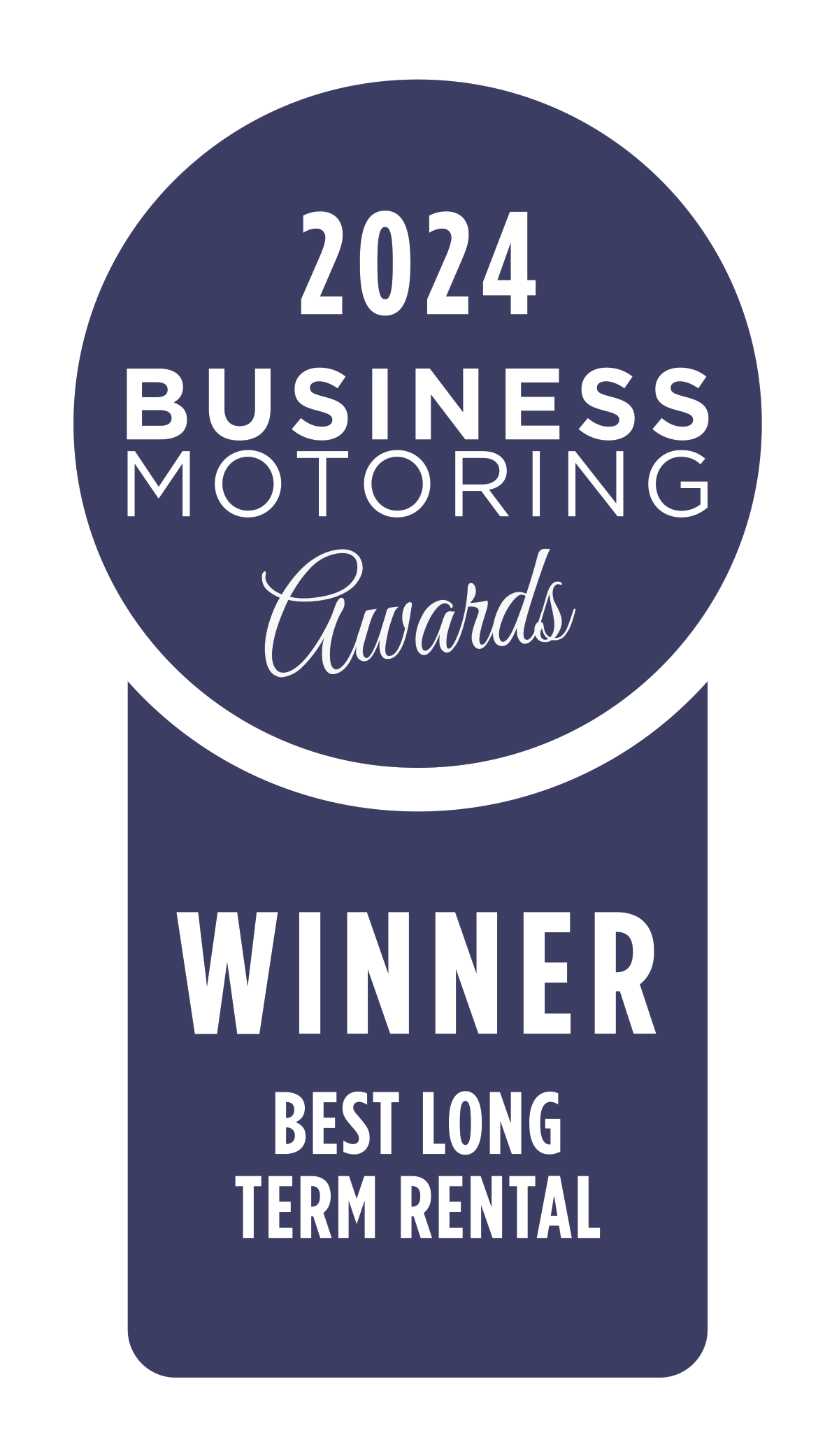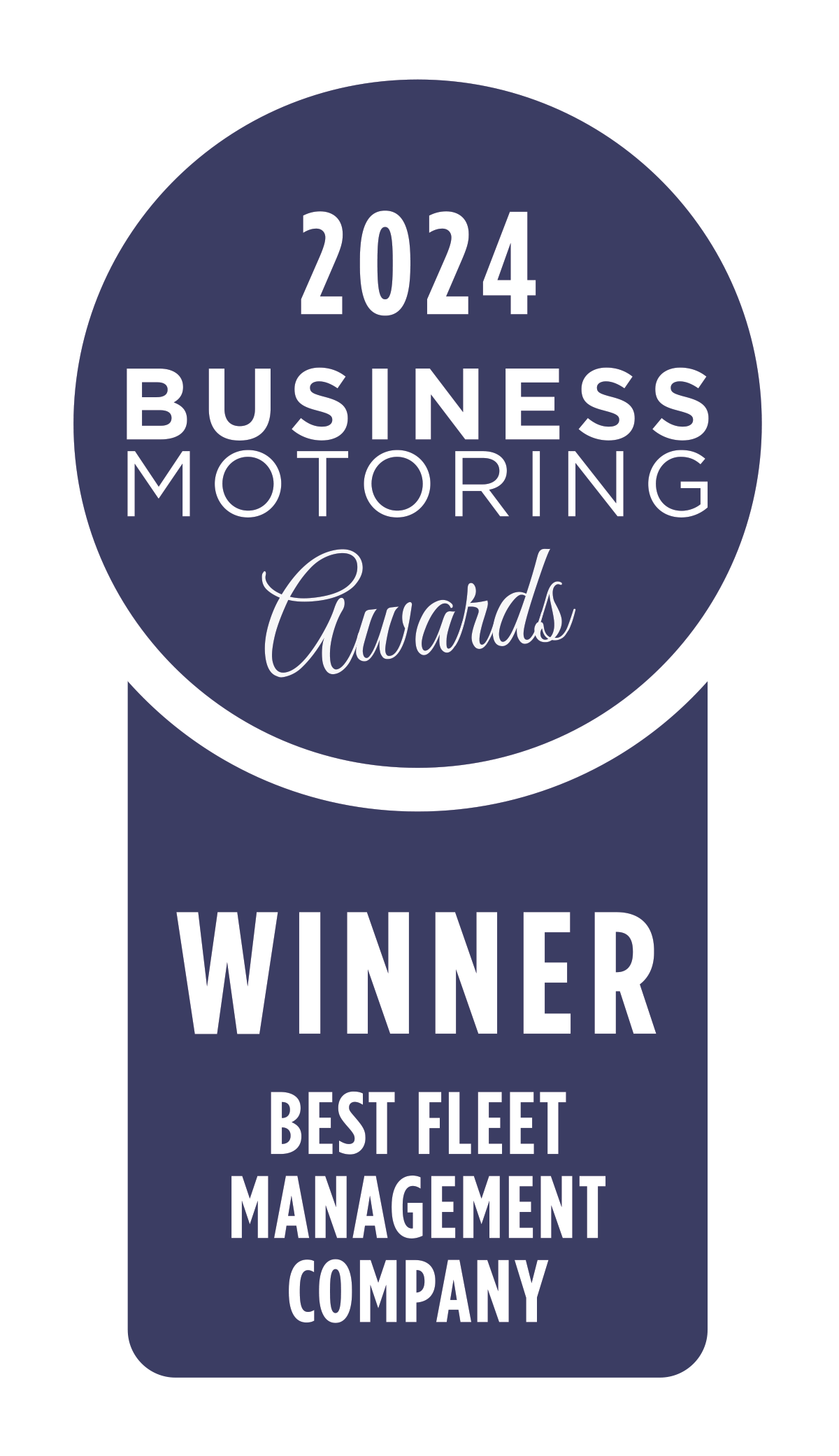Use this guide to choose the right vehicle for your business and its needs
Choosing the right vehicle for your business needs is a vitally important decision, so we lay out the choices and give advice on what's best for different situations.
![]() 09/09/2019
09/09/2019![]() 10 minutes read
10 minutes read
Vans that are not reliable, needed or used are an unnecessary cost to your business. This guide will help you navigate through the jargon, ask the right questions from your supplier, and choose the right van for your business.
Vehicle usage
Starting with a plan on what you will use the vehicle for could save you time and money. The van you need is all about choosing the right tool for the job. Your annual mileage, job requirements, number of passengers, drivers, type of load, and parking situation are all factors to consider.
- The drivers and number of passengers
- The drivers and number of passengers
- Whether you’ll be using the vehicle or someone else, keep the driver and passengers in mind.
- Size of the cab area - Some cab areas in vans will simply be too small for large or tall drivers. It can also be worth checking the size of the legroom and seat clearance if you intend to make use of these areas for your day to day storage needs.
- Extras – is there anything that could make day-to-day jobs more efficient? E.g. The inclusion of a Sat Nav for couriers.
- The number of seats – If your vans will be used by a team, you might need to consider a van with more seats.
The load
Too big and you’re paying to transport air, too small and you risk having to take multiple trips, overloading, or needing a different vehicle entirely.
When it comes to load, there are several things to consider:
The heavier the load, the bigger the engine required
Generally, a higher engine size number will be more powerful. For example, a 2.0 litres (L) engine will be more powerful than 1.6L.
The size and shape of the load space
- Load length and width will help you decide whether any large objects you intend to transport will fit. Don’t forget to factor in the potential for wheel arches!
- Load Volume is how much you can transport if every bit of space was filled.
- Payload is the legal maximum weight the vehicle can carry in addition to its kerb weight (the weight of a van if it was empty). Passengers, cargo, and fuel all contribute to the maximum payload amount.
Ease of loading or unloading
- The right choice for the job - For example, if the van is parked at the side of the road, side-loading doors could be safer and more convenient.
- Safety of cargo/tools/equipment - If tools or expensive cargo will be left in the van, you will need an enclosed load space. Contrastingly, if you’re transporting building or garden material, a drop side or tipper could be more suitable.
Bulkhead
This is the wall between the cab area and the back of the van. The items you’re loading will help you decide which type of bulkhead to go for. As an example, heavy or sharp cargo might call for a steel bulkhead to protect drivers and passengers.
The law
Information on correctly loading your van is provided by the RSA:
http://www.rsa.ie/PageFiles/4952/loadsecurity.pdf
Fuel - The choice between diesel or petrol
Diesel is not necessarily better than petrol and vice versa. Your choice should be influenced by your needs. We list some of the significant pros and cons below.
Diesel
- Pros:
- Can be more fuel-efficient (with high mileage) – better for long journeys and driving on the motorway.
- Increased torque from engines.
- Cons:
- May require more maintenance.
- More expensive per litre of fuel.
Petrol
- Pros:
- Built-up areas with a lot of stopping and starting
- More efficient for short journeys
- Cheaper per litre of fuel
- Cons:
- Less fuel-efficient over long distances.
Euro 6/VI compliance
Euro 6 is an EU directive that is trying to reduce harmful pollution from vehicles. Nitrogen oxide (NOx), carbon monoxide (CO), and particulate matter (PM) have all been identified as harmful pollutants.
Any vehicles that fail to meet the emissions standards may be subject to charges. The emissions standards for diesel are slightly different to petrol. We have broken this down in the table below:
|
Fuel Type |
CO |
NOx |
PM |
|
Diesel |
0.50 |
0.180 |
0.005 |
|
Petrol |
1.0 |
0.070 |
0.005 |
Price
The cost of your van goes beyond the ticket price. Maintenance, downtime, depreciation and disposing of your vehicle add up. The ‘true cost’ of your van depends on your needs. Use these questions to identify opportunities to make savings and to avoid surprise costs as much as possible:
- How much do you rely on your vans? Whether you risk fines or disappointing customers, broken down vans could cost your business hundreds of euros per day.
- How much do you rely on your vans? Whether you risk fines or disappointing customers, broken down vans could cost your business hundreds of euros per day.
- Do you require or need to own a brand-new van? The price of most vehicles depreciates the moment it leaves the dealership, with the average commercial vehicle will depreciate by approximately 15.8% per year.
- What will you do when it’s time to upgrade or get rid of your vehicle? Selling or disposing of your vehicle can come with its own costs. You can help reduce your losses by thinking of a vehicle’s popularity and potential resale value.
- How much can you put aside to maintain your vehicle? Older vehicles may be cheaper, but they often require more maintenance. Vehicles older than 1 year require a yearly CVR (Commercial Vehicle Roadworthiness) Test, and then there’s the worry of potentially needing expensive replacement parts or repairs.
Small savings now can mean bigger losses later down the line.
Vehicle Acquisition
Buying, renting, financing or leasing are all methods of getting business vans. They each have their own pros and cons. Here’s a list of the most common methods:
- Buying (outright purchase) - It’s the same as buying anything else. You pay all the money upfront and the vehicle is yours
Leasing – three main forms:- Personal Contract Hire – This is like renting a car but for an extended period. Often requires a deposit that covers 1, 2 or 3 monthly payments.
- Contract Hire CH – It is the same as Personal Contract Hire. However, you also receive tax relief benefits for your business. There is generally the option to add servicing and maintenance as an additional cost.
- Personal Contract Purchase – It’s similar to Personal Contract Hire, but the supplier is expecting you to sell the car after your contract ends. As such, you’ll also have the option of purchasing the vehicle in one final payment – sometimes called a ‘balloon payment’.Bank loan – Requires taking out a loan from a lender like a bank or building society. You will often pay interest on top of the original cost of the vehicle.
- Hire Purchase – Like a mortgage on a house, you make an initial deposit followed by monthly repayments. At the end of your contract, you will own the vehicle.
- Northgate’s Hire Options –Alternative to contract hire, purchasing and leasing – whether that’s for one or 100+ vans.
- The method you choose might have an impact on the van you end up with. For example, spreading your costs over time, as with leasing, hire purchase or finance, could give you the option of getting a newer van.
Feedback
Consulting your drivers
Your best source for feedback is often the user of the vehicle. Whether you have a formal process or not, it can be beneficial to listen out for feedback on how the vehicle is being used.
Consulting your supplier
Many suppliers take a consultative approach to getting you the best vehicle for your needs. The level of pre/aftercare support is sometimes reliant on your acquisition method. For example, with Contract Hire, you have more flexibility to change vehicles. As such, the supplier will want to work with you to make sure you get the best vehicle possible since you will be more likely to keep it.
Keeping track of your costs
Having a database for vehicle usage and possible downtime will allow you to start predicting ‘unexpected costs’. The more data you have, the more accurately you’ll be able to set aside money for these costs.
This information would also help you decide on your acquisition method. For example, if your maintenance, servicing and repair costs are high, you might choose a business hire contract that has all these costs included.
Summary
The process below will assist you in choosing the right vehicle for your business.
- Vehicle Usage - Start with identifying your needs.
- Load – This will be one of the primary factors in deciding which van you need.
- Fuel – Big savings/losses can be made on how fuel-efficient your vehicle is.
- Price - Balance your needs against your budget.
- Vehicle Acquisition - Review the various methods of getting vans – you might find that there’s a method that could save you money or enable you to get a newer van.
- Feedback – Keep track of the performance of your vehicles, to make sure they are right for your business.
What makes Northgate’s Hire options different?
Now that we’ve covered the basics of how to choose the right vehicle for your needs, you are in a good position to start weighing up whether our hire options might be the right fit for your business rather than buying.
Here are some of the main benefits you get with Northgate
- We can assist you through everything in this article. Our experts have been trained to assist you in picking the most cost-effective and efficient vehicle for your business.
- Servicing, maintenance, repairs, CVRT and road tax are included as standard in your price.
- No deposit necessary – this is dependent on your credit score.
- The minimum contract period is as low as 3 months (for our flexible hire option).
- You can make savings by making a long-term commitment up to 48months.
- In most cases, customising your vehicle to your needs is no problem, so long as they are not ad-cap (needed to be carried out by the manufacturer). From branding to beacons, racking to roof bars, your van can be tailored to your business. Let us know your requirements and we can guide you through this.
Why not head on over to our hire option pages for further info? Are you interested in…
A Long term hire option or a Flexible/short-term hire option?






